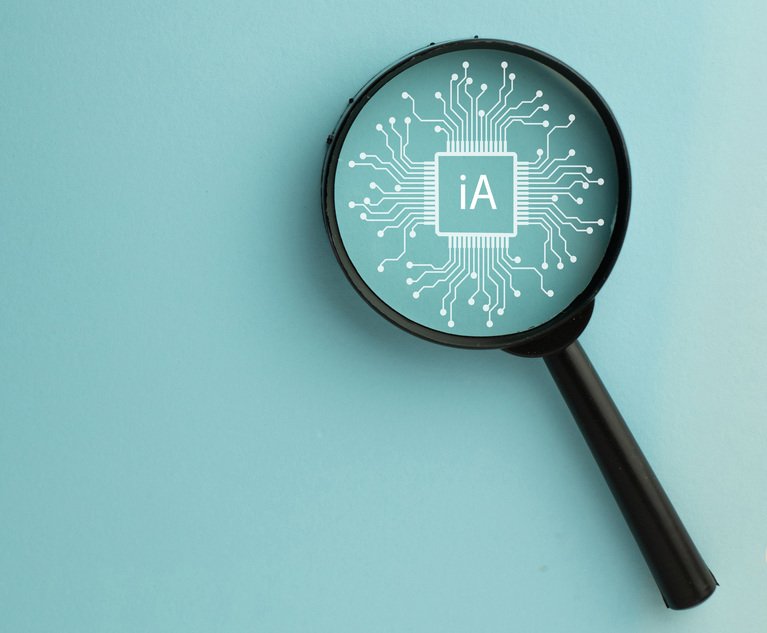Recent federal case law has seen a number of important developments in securities class actions, including the Supreme Court’s grant of certiorari in Pivotal Software v. Tran on the issue of whether the PSLRA’s discovery stay applies to state court actions under the Securities Act of 1933. While securities litigators will be closely watching Pivotal Software, this article discusses three other key developments: (1) the Supreme Court’s decision in Goldman Sachs Group v. Arkansas Teacher Retirement System clarifying that courts should consider the generic nature of a misrepresentation as part of price impact disputes at the class certification stage; (2) cases addressing whether stock drops resulting from market speculation are recoverable as securities fraud damages under Dura Pharmaceuticals v. Broudo and progeny; and (3) a growing consensus among district courts in the Second Circuit that the Exchange Act’s statute of repose is measured from the date of each alleged misrepresentation, rather than the last one. Each of these developments presents risks and opportunities that defendants in §10(b) cases should take into account as they craft their litigation strategy.
The Supreme Court Addresses Class Certification Standards in Securities Fraud Class Actions in ‘Goldman Sachs Group v. Arkansas Teacher Retirement System’. The standards for class certification in a securities fraud suit brought under §10(b) of the Exchange Act recently came before the Supreme Court in Goldman. In holding that (1) the generic nature of a misrepresentation is potentially important evidence bearing on the price impact analysis at the class certification stage, and (2) the defendant bears the burden of persuasion to prove a lack of price impact by a preponderance of the evidence, the Supreme Court left these standards largely undisturbed. Nonetheless, there is language in the decision that may prove helpful to defendants not only in price impact disputes, but also on merits issues of loss causation and damages.
This content has been archived. It is available through our partners, LexisNexis® and Bloomberg Law.
To view this content, please continue to their sites.
Not a Lexis Subscriber?
Subscribe Now
Not a Bloomberg Law Subscriber?
Subscribe Now
LexisNexis® and Bloomberg Law are third party online distributors of the broad collection of current and archived versions of ALM's legal news publications. LexisNexis® and Bloomberg Law customers are able to access and use ALM's content, including content from the National Law Journal, The American Lawyer, Legaltech News, The New York Law Journal, and Corporate Counsel, as well as other sources of legal information.
For questions call 1-877-256-2472 or contact us at [email protected]


 Credit: ArtBackground/Adobe Stock
Credit: ArtBackground/Adobe Stock




